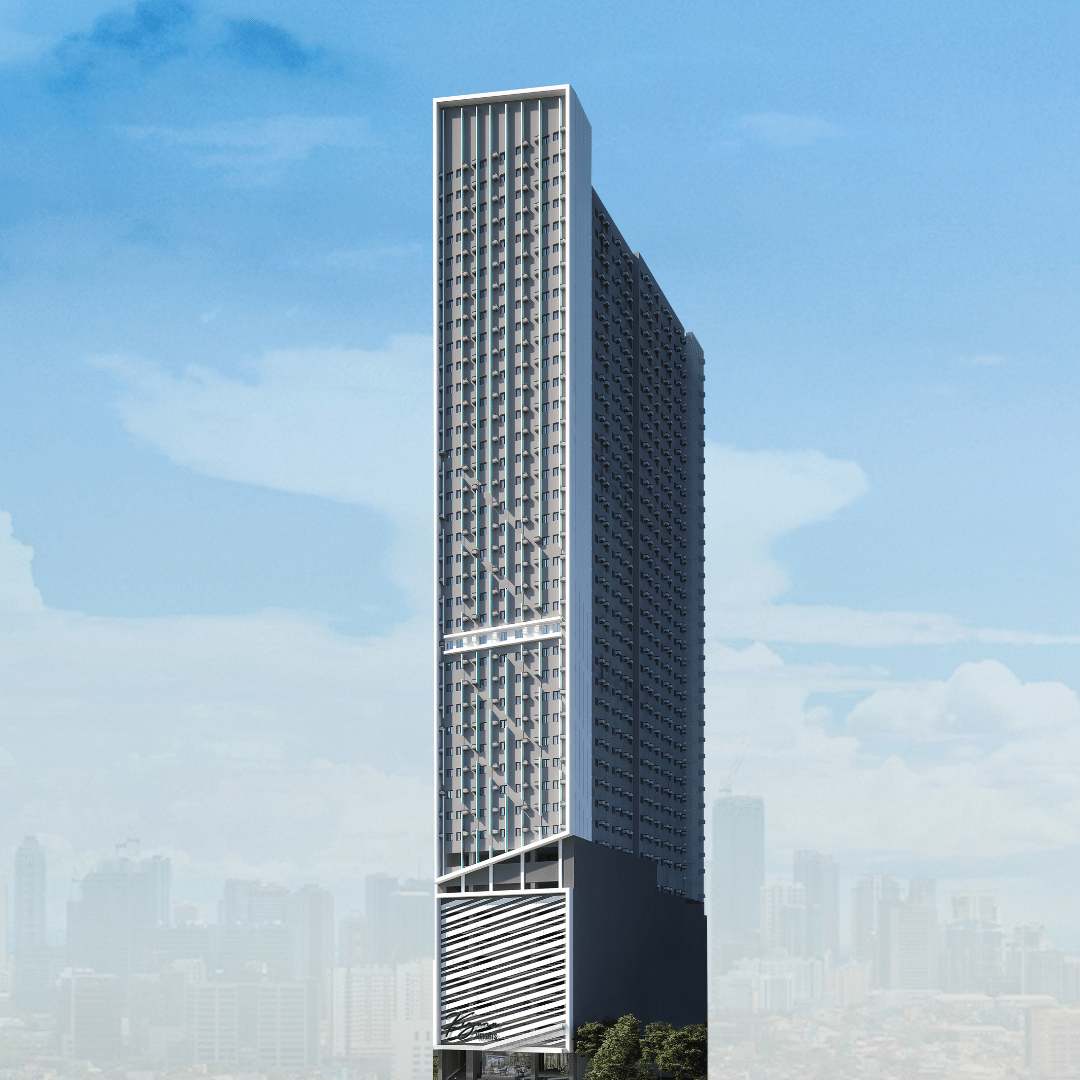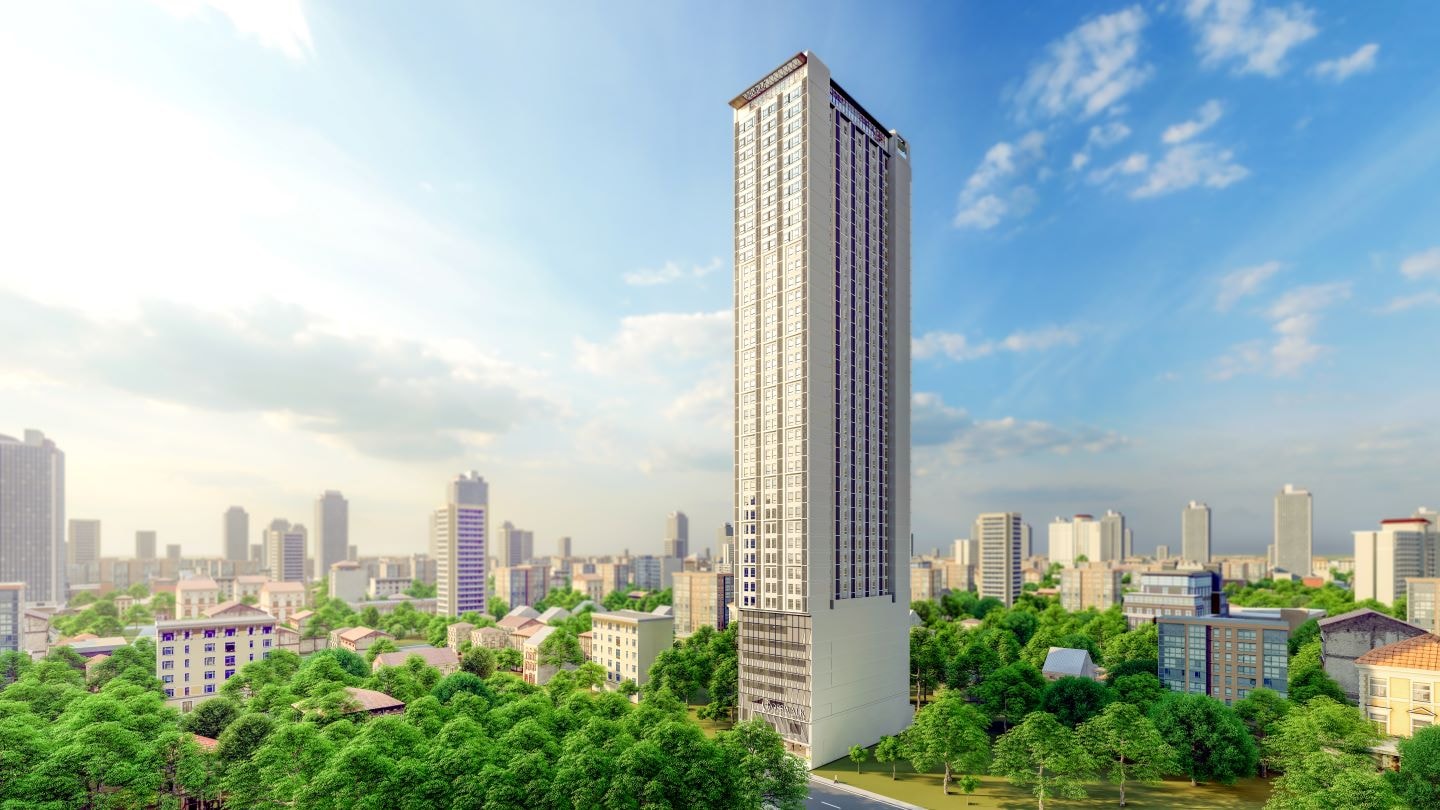Owning a home is often considered a primary goal for many Filipinos. However, it is not just about having a roof over our heads. Homeownership brings additional benefits beyond the practicalities of having a place to stay; it also affects our psychological and mental health and emotional well-being. We'll explore the psychological and emotional aspects of owning a home, including how it impacts our sense of security, family values, and personal growth.
Home Ownership Meaning
Before diving into homeownership's psychological and emotional aspects, let's first define what it means to own or rent a home. Homeownership refers to the state of possessing one's place of residence, typically a house or condominium unit. It involves purchasing a property either through cash or mortgage and acquiring legal ownership rights to the property.
The Cambridge Dictionary defines homeownership as "the state of being the legal owner of a house, apartment, etc." This definition emphasizes the legal aspect of owning a home. However, homeownership brings various emotional and psychological implications beyond the legalities.
It represents a sense of accomplishment, financial security, and personal growth. This desire for stability and progress is deeply ingrained in human nature, making homeownership a significant milestone for individuals and families alike.
Psychological and Emotional Aspects of Owning A Home
Now that we have a better understanding of what homeownership entails let's explore the psychological and emotional impacts it has on individuals and families:
Sense of Security
The most significant aspect of owning a home is the feeling of stability and security that it provides. Owning one's home means that the homeowner has a large amount of control over their surroundings and can feel safe and secure. Researchers have shown that the longer one lives in a particular location, the more they feel like part of the community. This connection with the surrounding neighborhood helps homeowners establish a sense of permanence and security.
Family Values
Owning a home often signifies that the homeowner has established themselves and can provide for their family. It is a sign of hard work and dedication, representing a significant milestone in a person's life. Being able to provide a home for one's family can instill a sense of pride and responsibility. As homeownership is often a shared goal for many parents, it can serve as a means of teaching children the importance of hard work, saving, and long-term planning for financial goals.
Personal Growth
Owning a home also provides many opportunities for personal growth. Homeownership challenges individuals to continuously develop essential life skills, such as managing finances, maintaining the home, and resolving conflicts with neighbors. These skills promote self-esteem and confidence, resulting in a sense of accomplishment and motivation to take on new challenges.
Financial Security
Owning a home often leads to financial stability and increased wealth over time. Equity gained from homeownership can be used to pay off too much debt, invest the money in other ventures, or provide for retirement. It also offers protection against inflation and financial market volatility, as homeownership represents a steady and consistent investment.
The Home Buying Process: A Rollercoaster of Emotions
Buying a home is undeniably one of the most significant financial decisions a person can make. It can also be a stressful experience because it can encompass various stages, such as saving for a down payment, looking for a home, applying for a mortgage, and closing the deal. Indeed, the home-buying process is like a rollercoaster ride that can take you through a loop of emotions. However, it is possible to make the first step of the home-buying journey much smoother and more enjoyable if you prepare and understand what to expect.
Excitement and Anticipation
Before beginning the home-buying process, one can feel excited and filled with anticipation, visualizing their dream home and imagining what it would be like living in it. At this home search stage, it's essential to be realistic about what you can afford and the location of your dream home. Look for local real estate companies that can provide helpful tips and insight into the future home-buying process.
Disappointment and Frustration
Once you start looking for potential houses, it's common to be disappointed and frustrated with the available options within your budget. It's essential to have a flexible mindset and be open to different locations or home styles that may surprise you. Remember, a little creativity can go a long way to finding your ideal home.
Apprehension and Fear
Applying for a mortgage can be daunting, especially for first-time home buyers. It's normal to worry about rejection or inability to comply with a mortgage's strict lending criteria. At this stage, get expert advice from mortgage brokers. They can guide you in choosing the right mortgage product for your needs and help minimize the risk of rejection.
Relief and Joy
Finally, you have made an offer, and it has been accepted! One can feel good, relief and joy, knowing that their dream home is within reach. However, this moment is still a critical time as you navigate through the closing process with paperwork, legal arrangements, and inspections. This stage can be confusing, so it's best to hire real estate agents to assist in making informed decisions and ensure everything is structured and on-track.
Satisfaction and Accomplishment
Congratulations, you've done it! You have completed the home-buying process, and you're now a proud homeowner. You can feel satisfied and accomplished, knowing that you have made a sound investment and secured your future. At this stage, take some time to enjoy your new home and embrace the many lifestyle changes that come along with it.
Homeowners Insurance and Peace of Mind
One way to ease some of the anxiety of homeownership is by obtaining homeowners insurance. This type of insurance purchase provides financial protection against potential damage to the property, offering peace of mind to homeowners.
Aside from protecting against natural disasters, homeowners insurance also covers personal liability in case someone gets injured on the rental property. It can also provide coverage for stolen or damaged personal belongings.
Tips for Maintaining a Positive Psychological and Emotional Wellbeing as a Homeowner
While owning a home can bring countless benefits, it is essential to prioritize one's psychological and emotional well-being. Here are some tips for maintaining a positive mindset as a homeowner:
- Stay organized with finances and budgeting to avoid stress and financial strain.
- Take pride in homeownership by regularly taking care of the property and making improvements.
- Stay connected with your community by volunteering or participating in local events.
- Seek support from friends, family, or a therapist if feeling overwhelmed or anxious about homeownership.
- Remember that it's okay to seek help or ask for advice from professionals when needed.
Make A Quality Home Ownership Investment At Vista Residences
The psychological and emotional aspects of owning a home are just as crucial as the financial benefits. The sense of security, family values, personal growth, and financial security gained from homeownership play a central role in the overall well-being of individuals, families, and communities. Therefore, it is essential to understand and appreciate the value of owning a home beyond the practicalities of shelter, savings, and investment.
At Vista Residences, we strive to provide quality and affordable homes that promote all aspects of homeownership, making it a worthwhile investment for the long run. So why wait? Make your dream of homeownership come true with Vista Residences today! Your future self will thank you. Happy house hunting!










